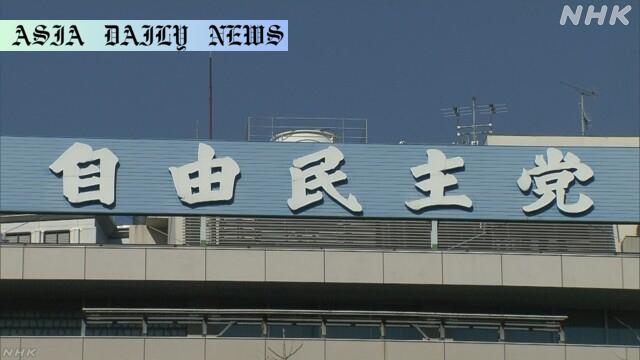Resignation debates escalate as PM Ishiba faces calls within LDP following election defeat.
- LDP faces crisis after losing a majority in the Upper House election.
- Calls for resignation and reshuffling grow among party members.
- PM Ishiba plans to address critical policies while denying resignation.
- Young lawmakers demand clarity on election failures and leadership changes.

The Political Crisis Facing PM Ishiba Shigeru
Japanese Prime Minister Ishiba Shigeru finds himself in the eye of a political storm following the defeat of the ruling coalition in the Upper House election. This outcome has left the Liberal Democratic Party (LDP) and its partner, Komeito, as a minority in both chambers of Japan’s parliament, intensifying internal debates over leadership and accountability.
The Prime Minister has expressed his determination to remain in office, signaling his intent to focus on addressing pressing policy challenges. These include critical negotiations related to tariffs with the United States and the potential establishment of a disaster management agency, which Ishiba views as paramount to Japan’s governance needs. However, dissatisfaction within his party is mounting, and many lawmakers, particularly younger ones, are calling for a leadership overhaul to address the election’s disappointing results.
Dissent Within the Party
The calls for Ishiba’s resignation are particularly potent within the ranks of the former Motegi faction and other younger members of the LDP. They argue that the election’s results reflect a failure of leadership, citing a lack of strategic direction and insufficient voter engagement. In an online meeting of the party’s youth division, many participants expressed their belief that a swift reshuffling of the leadership could reinvigorate confidence in the party’s future.
Ishiba, however, has remained steadfast in his decision to continue leading, claiming that internal unity is critical during this time of crisis. He recently met with prominent former Prime Ministers, including Aso Taro, Suga Yoshihide, and Kishida Fumio, and discussed the importance of cohesion within the party. While the question of resignation was reportedly not broached in this meeting, the conversations highlighted the gravity of the current political landscape in Japan.
The Road Forward: Leadership or Shift
The LDP’s leadership announced plans for an internal review of the election results, which they aim to complete next month. In the meantime, discussions around accountability and leadership changes are becoming louder. Some view this situation as an opportunity for the party to reassess its strategy, address voter concerns, and restore its majority status. On the other hand, Ishiba’s supporters argue that a change in leadership mid-crisis could cause undue instability, especially when the nation faces significant domestic and international challenges.
As the LDP debates the next steps, the party must weigh the risks of inaction against the potential advantages of ushering in fresh leadership. Whether Ishiba can effectively navigate this political turbulence remains to be seen, but his ability to command loyalty and steer the party during this crisis will undoubtedly define his legacy.



Commentary
Understanding the Growing Leadership Debate
The current political scenario surrounding Prime Minister Ishiba Shigeru offers a fascinating lens through which to examine Japan’s political dynamics. Ishiba’s commitment to remaining in office amidst calls for his resignation reveals his determination to stay steadfast even as dissatisfaction brews within his party. However, it also raises questions about whether this stance aligns with the broader sentiment among lawmakers and voters.
Balancing Stability and Change
Leadership transitions are always delicate, particularly in established political parties like the LDP. On one hand, stability is crucial—it ensures continuity and signals to the electorate and international allies that the government remains reliable. On the other hand, ignoring the growing calls for accountability could undermine the party’s image and alienate younger lawmakers, whose voices are increasingly reflective of voter sentiment. Striking a balance between these priorities will be crucial for the LDP as it navigates this critical juncture.
The Implications for Japanese Politics
Regardless of whether Ishiba steps down, this situation highlights a need for introspection within the LDP. The election results show a clear message from the voters—whether it’s frustration with policies or leadership, the ruling coalition must address these concerns to maintain legitimacy. Furthermore, the internal debates open the door for broader discussions about party direction, the inclusivity of younger voices, and approaches to addressing Japan’s evolving political landscape.
Ishiba’s determination to focus on policy rather than leadership change is commendable in theory but must be weighed against the party’s collective needs. History often judges leaders not only by their policies but also by their willingness to listen and adapt during crises. Only time will tell whether Ishiba’s decision to hold his ground will solidify his leadership or weaken his standing further within the LDP.